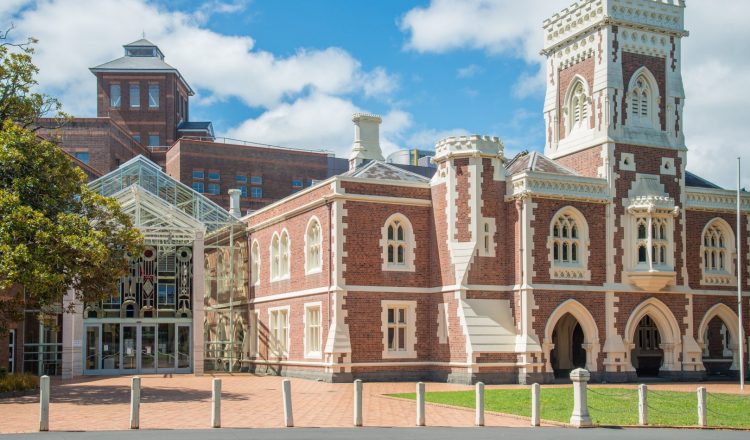Legal System
Thought of as one of the best in the world, a robust, independent legal system protects the people of New Zealand. Due to their historical ties to Britain, the method of justice and law used in New Zealand today mirrors the British Legal system in many aspects. A system, known as the Westminster model that has been in use for hundreds of years. New Zealand’s legal system has been consistently ranked as one of the fairest and least corrupt in the world, allowing for an overall higher standard of personal freedom experienced by the public.
Several groups, institutions and individuals oversee justice and law within the New Zealand Legal system. These combine to form three main branches, Parliament, the executive and the judiciary. The combined action of these three branches is what conceives, writes and enforces the laws of New Zealand.
Parliament
The New Zealand Parliament meets in Wellington and is one of the oldest functioning legislatures in the world. Parliament consists mostly of MPs (Members of Parliament) who are primarily individuals elected by the public to represent them. The MPs meet and debate proposed laws, eventually voting them into existence, if that is the will of the people of New Zealand. These new laws are called Statutes or Acts.
The Executive
The executive consists of the Governor-General, Prime Minister, government departments and other important cabinet ministers. They develop policy or come up with new ideas for laws, then write these ideas down on what are called bills. These bills are what Parliament debates, so they may see lots of changes before they eventually become laws. If they do become laws, the executive is in charge of informing the public, usually by publishing them in newspapers or government websites.
The Judiciary
Finally, the judiciary is probably the part of this system that first comes to mind when you think of law and justice. They are the judges and judicial officers that apply the laws in court. They don’t just deal with criminals, however, as there are many different streams of law, such as commercial, family, civil and environmental law. The judiciary is appointed by the Governor-General and the Attorney General and act as independent individuals who interpret the laws created by the government. Their independence is essential as their role is to balance the power of the government with the rights of the people of New Zealand.
Interestingly, although New Zealand’s Monarch, Queen Elizabeth II has nothing to do with the legal system of New Zealand directly, she must give all bills the Royal Assent before being made into laws. In the case of New Zealand, the Governor-General gives the Royal Assent on behalf of the Queen, which after such rigorous debate and voting, is just a formality.

















































